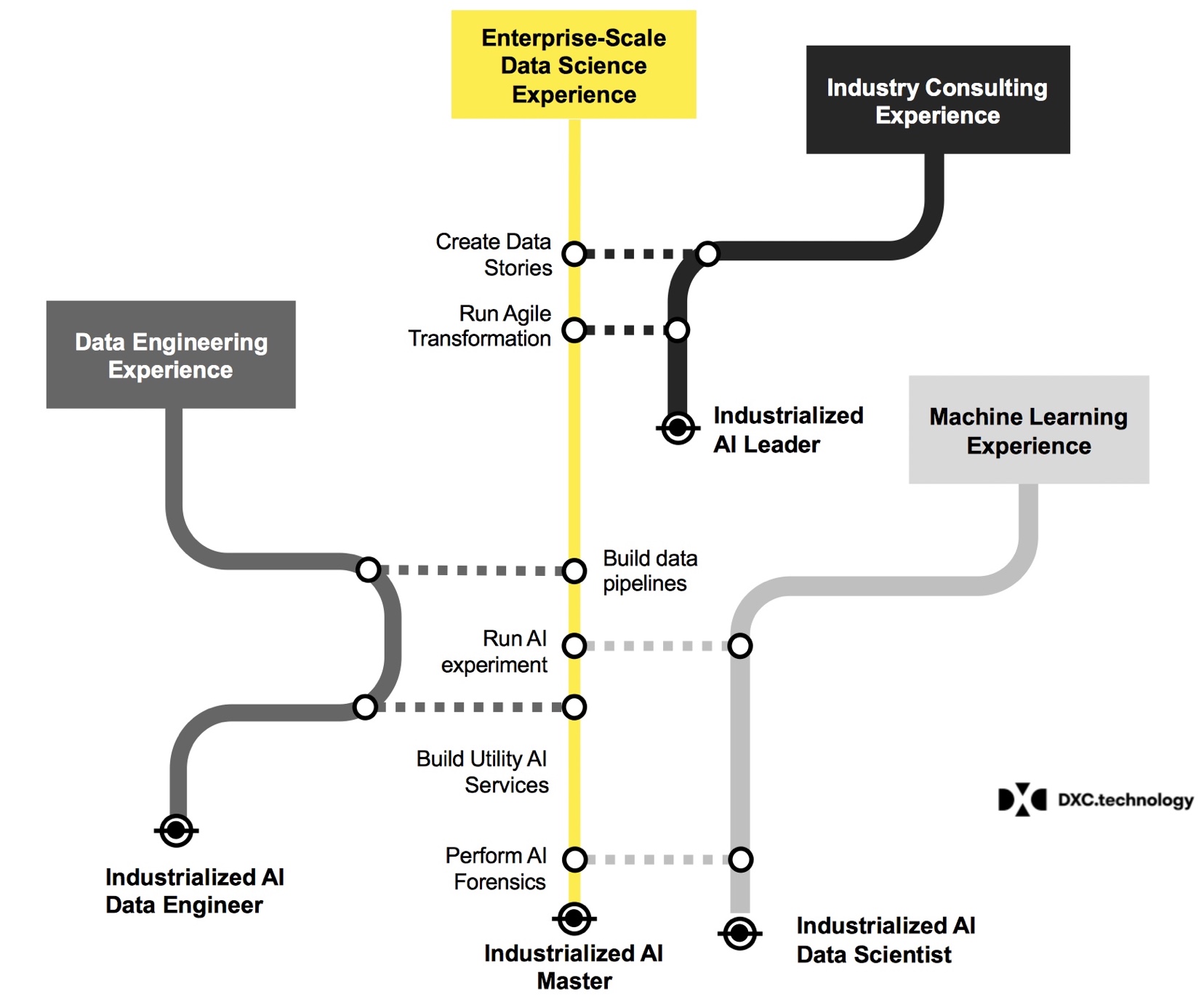Teaching and implementing data science and AI in the enterprise
The O’Reilly Data Show Podcast: Jerry Overton on organizing data teams, agile experimentation, and the importance of ethics in data science.
 Wrong way (source: William Murphy on Flickr)
Wrong way (source: William Murphy on Flickr)
In this episode of the Data Show, I spoke with Jerry Overton, senior principal and distinguished technologist at DXC Technology. I wanted the perspective of someone who works across industries and with a variety of companies. I specifically wanted to explore the current state of data science and AI within companies and public sector agencies. As much as we talk about use cases, technologies, and algorithms, there are also important issues that practitioners like Overton need to address, including privacy, security, and ethics. Overton has long been involved in teaching and mentoring new data scientists, so we also discussed some tips and best practices he shares with new members of his team.
Here are some highlights from our conversation:
Where most companies are in their data journey
Five years ago, we had this moneyball phase where moneyball was new. This idea that you could actually get to value with data, and that data would have something to say that could help you run your business better.
We’ve gone way past that now to where I think it’s pretty much a premise that if you aren’t using your data, you’re losing out on a very big competitive advantage. I think it’s pretty much a premise that data science is necessary and that you need to do something. Now, the big thing is that companies are really unsure as to what their data scientists should be doing—which areas of their business they can make smarter and how to make it smarter.
… Then, you add artificial intelligence on top of this. Companies hear a lot about artificial intelligence, and they have seen some pretty cool demos—what you can do with extending domain expertise or complex planning, inferring intent, things like that. We’re entering that same phase where there are a lot of companies that are kind of skeptical as to whether or not it can actually help them.

Ethics, fairness, and transparency in analytics
Here are some standard things that we bring to projects. First, we have to build forensic tools to profile the algorithms being used, and then after we have a profile, we anticipate its behavior. Then we get together a diverse group and we assess the enterprise risk.
… Getting people to understand that you have to handle ethics, and fairness, and bias—there are usually pretty mature programs in place for doing that. But where companies have problems is in the specific tactics for doing that. Strategies for making sure that what you put out is aligned with the ethics of the group of the company that you work in, and that’s a lot of what we help our clients with.
Related resources:
- “Going Pro in Data Science”: Jerry Overton on what it takes to succeed as a professional data scientist
- “Bringing AI into the enterprise”: Kris Hammond on business applications of AI technologies and educating future AI specialists
- “We need to build machine learning tools to augment machine learning engineers”
- “Machine learning at Spotify”: Christine Hung on using data to drive digital transformation and recommenders that increase user engagement
- “Transforming organizations through analytics centers of excellence”: Carme Artigas on helping enterprises transform themselves with big data tools and technologies
